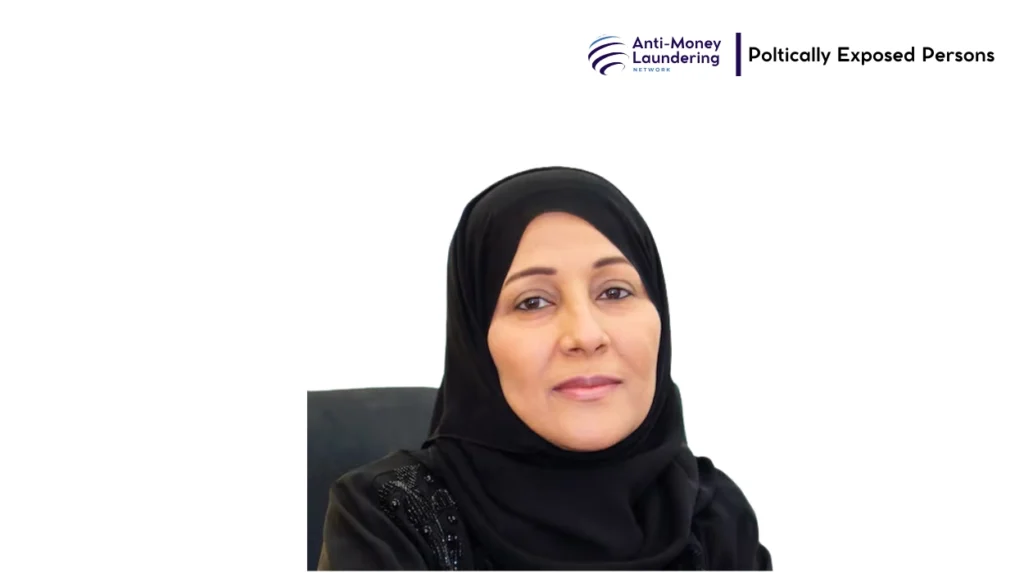Aisha Yousef al-Mannai holds prominent academic and political positions in Qatar, symbolizing the intersection of governance and elite societal influence in the Gulf. While her career appears grounded in education and public service, the opaque nature of Qatar’s political system—characterized by limited transparency and concentrated power among ruling elites—raises critical questions about accountability and potential vulnerabilities to corruption. Despite her status as a Politically Exposed Person, there is currently no credible evidence linking her directly to financial misconduct or money laundering, reflecting broader challenges in uncovering hidden illicit flows within tightly controlled state structures.
Aisha Yousef al-Mannai is a notable Qatari academic and a pioneering female political appointee widely recognized for her contributions to Islamic education and civil society. Despite her status as a PEP due to her political and academic prominence in Qatar, there is no available credible evidence or verified allegation indicating that she has exploited her position for illicit financial gain, money laundering, or abuse of Qatar’s state-linked institutions. The political system in Qatar does present structural risks for impunity and lack of full transparency, as with many Gulf monarchies where elite families dominate politics and opacity around asset ownership is common. However, in the case of Aisha Yousef al-Mannai, there is no public record or investigative disclosure that implicates her in such abuses.
This absence of adverse evidence should not be interpreted as an endorsement of Qatar’s broader political-financial system, which experts often criticize for shielding elites and limiting independent scrutiny, but as a reflection of her personal record based on currently accessible information.

